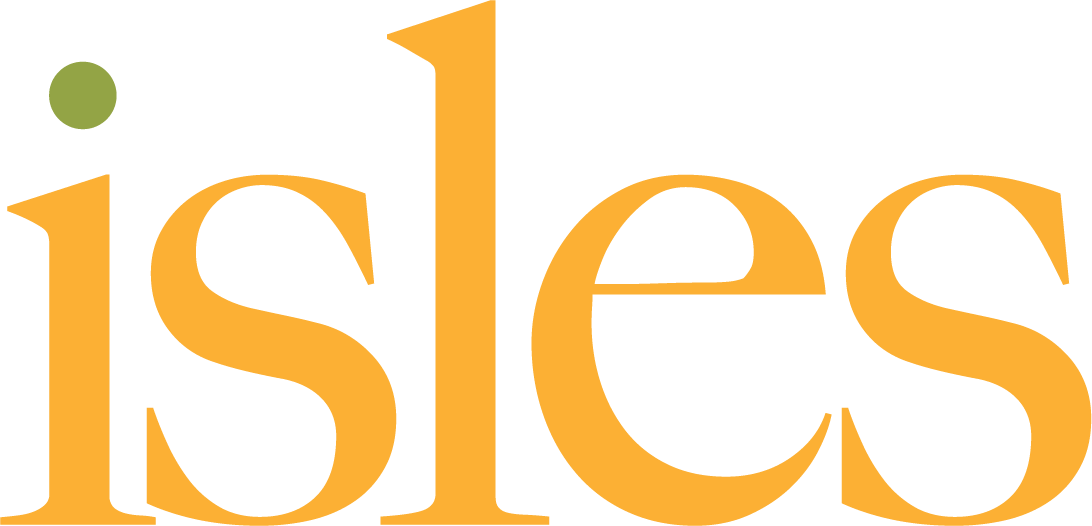Addressing the demand for job training in energy efficiency, lead hazard control, environmental health and clean energy fields
Since 2009, CEET has been training individuals to enter or grow their careers in the energy and environmental health fields. Our focus has been in generating jobs and economic opportunity while making homes safe, healthy, and energy efficient. More than 4,500 individuals have received certifications through CEET training.

Isles’ CEET offers industry-driven training that includes classroom, laboratory and field experiences, depending on the training. Many of our certifications are nationally recognized and allows a successful trainee to seek employment anywhere in the U.S..
Our professional training in the energy and environmental fields is designed to meet the needs of:
- Unemployed and underemployed individuals seeking decent paying green jobs
- Workers wishing to advance their skills and certifications
- Employers seeking customized training for their employees
Read more about our available trainings and Request for Qualifications (RFQ):
View our calendar for a listing of available CEET training opportunities.
See our reopening plan for Isles’ Center for Energy and Environmental Training.
Energy Efficiency and Clean Energy

As a Building Performance Institute (BPI) training and testing center, CEET offers a number of opportunities in the home performance field, including courses for:
- Air Leakage Control Installer (entry level)
- Building Science Principles
- Building Analyst – Technician
- Building Analyst – Professional
The CEET training center features duct, heating, air sealing, and insulation labs as well as life-sized mock ups and a model house that is used for both training and testing.
Environmental Health
CEET also serves as New Jersey’s training center for the National Center for Healthy Housing, providing courses for community health workers, health educators, public health nurses, cooperative extension agents, social workers, child care providers, code inspectors and community members.
Environmental health courses provide advice about specific healthy homes problems, and enable students to recommend healthy homes approaches to be taken by families, landlords and other community members. Participants will gain insight into how housing and health are related along with actions they can take to improve the health of their clients by identifying causes of health problems in a home and linking them to the seven principles of healthy housing: keep it dry; keep it clean; keep it pest-free; keep it ventilated; keep it safe, keep it contaminant-free; and keep it maintained.
Environmental Health courses include:
- Healthy Homes for Community Health Workers
- 8 Keys to a Healthy Home
- Eco-Healthy Child Care
- EPA Lead-Safe Renovation, Repair, and Painting (RRP) Initial and Refresher training courses
- Lead Abatement Supervisor-Housing and Public Buildings Initial and Refresher training courses
Lead Hazard Control
Isles provides certified training to support contractors providing lead safe work or for them to become abatement contractors. Through the EPA, Isles trains contractors in the Lead Renovation, Repair and Painting course. This course is federally required for any contractor who may disturb lead-based paint during their work. In addition, we offer three professional lead training courses that are approved by the NJ Department of Community Affairs. The Lead Abatement Worker, Supervisor and Risk Assessor courses allow contractors to become abatement contractors in the State of NJ.
CEET lead courses include:
- EPA Renovation, Repair and Painting
- Lead Abatement Worker
- Lead Supervisor
- Lead Risk Assessor
The Challenge
 The need for energy efficiency and environmental cleanup in urban communities, creates an opportunity to provide both jobs and environmental health for those communities. The combination of high unemployment in cities and the growing need to create new green jobs provides an opening to train urban residents for those jobs, which pay well, and allow residents to improve their own communities.
The need for energy efficiency and environmental cleanup in urban communities, creates an opportunity to provide both jobs and environmental health for those communities. The combination of high unemployment in cities and the growing need to create new green jobs provides an opening to train urban residents for those jobs, which pay well, and allow residents to improve their own communities.
In urban areas, where many lower income families live, older homes and buildings often lack even the first generation of energy efficiency improvements, creating extremely high energy costs for those who can least afford it. Burdensome utility bills are now the second greatest cause of homelessness.
In addition, substandard housing in older cities pose a risk to the health, safety and physical well-being of its occupants. Unsafe and unhealthy housing conditions in Trenton neighborhoods, for example, generate serious issues for occupants, such as asthma, allergies, lead poisoning and other health issues. Because more than 50% of all residential structures in Trenton were built prior to 1934 and up to 30% of Trenton housing stock is considered “substandard,” issues related to housing conditions are legion. These conditions include mold, moisture, asthma triggers (tobacco smoke, cleaning chemicals, air fresheners, pet dander, etc.), damaged or inoperable heating systems/refrigerators/stoves, rodent and/or pest infestation, un-weatherized living spaces, and other structural or safety issues. 
Childhood lead poisoning is the most pernicious result of not improving older housing stock. In NJ, more than 4,500 new cases of lead poisoning of children occur each year. While lead poisoning from water is in the news lately, the way most children get poisoned by lead (about 80% of the time) is from the dust from lead paint left to chip, flake and turn to silent, dangerous dust. But it isn’t invisible to the brains of children. It damages the neurons, even at a very low level in the blood, causing learning, memory, behavioral and health problems. In Trenton about 50% of children in Trenton Schools have a level of lead in their blood that affects their learning and behavior. Lead dramatically lowers math and reading scores. Children with lead in their blood are seven times more likely to be involved with the juvenile justice system, as lead mauls the part of the brain that controls impulse and behavior.
Why CEET?
CEET training is part of Isles’ integrated and comprehensive approach to achieving lead safe, green and healthy housing for everyone in NJ. To do this we engage in activities that can make the most difference –including training community members and contractors, making homes lead safe and healthy, advocating to change policy and regulations; and educating the public.

Isles believes that by providing access to training and employment in the energy efficiency and health fields we can help create jobs, save energy, prevent abandonment and bring other benefits at a relatively low cost.
2023 Snapshot
![]()
41 community members were trained in the course “Eight Keys to a Healthy Home.”
![]()
18 Lead Abatement certificates were issued over the course of our Lead worker/Lead Supervision training sessions.
![]()
65 workers were trained and certified in Lead-Safe Renovation, Repair, and Paint safety.

 Foster self-reliant families and healthy sustainable communities
Foster self-reliant families and healthy sustainable communities